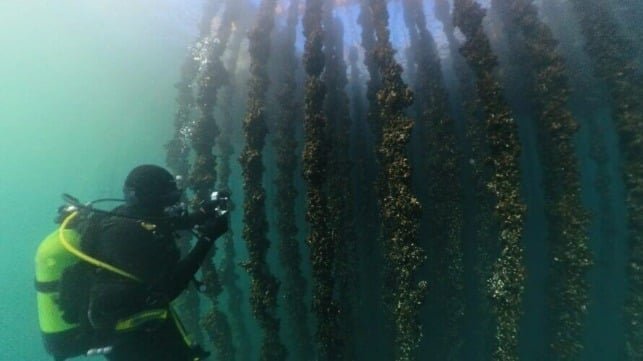These efforts are crucial for the future of our oceans and coastal communities. The findings from this study underscore the importance of taking immediate action to restore and protect marine ecosystems. With the threat of climate change looming, it is more important than ever to prioritize the health of our oceans.
As we move towards the UN’s goal of protecting and restoring 30 percent of the marine environment by 2030, projects like Climarest are paving the way for innovative solutions in marine restoration. By understanding what factors contribute to successful restoration efforts, we can work towards a more sustainable and resilient future for our oceans.
It is clear that conservation alone is not enough to reverse the damage done to our marine ecosystems. Active restoration measures, supported by political, financial, and technological resources, are essential for ensuring the long-term health of our oceans.
With the support of communities, governments, and private actors, we can make a significant impact on marine restoration efforts. By investing in the health of our oceans now, we can create a more sustainable future for generations to come.
Through collaboration and dedication, we can work towards a world where our marine ecosystems thrive once again. The time to act is now, and the future of our oceans depends on it.
Solutions for Restoring Our Oceans: A Step Forward
As our oceans face unprecedented challenges from pollution and climate change, scientists have been working tirelessly to find effective solutions for restoring marine ecosystems. A recent study has identified key measures that can help in this endeavor, with plans to implement them in various locations, including the Baltic Sea and the Mediterranean.
The focus of these solutions is not just on implementing them but also on monitoring their effectiveness. This monitoring will play a crucial role in assessing the success of the measures and guiding future investments in ocean restoration efforts.
Ida B. Øverjordet, the project coordinator at SINTEF, emphasized the importance of this study in planning and predicting the success of upcoming demonstrations. By understanding what works and what doesn’t, scientists can fine-tune their approaches to maximize the impact of their restoration efforts.
Restoring our oceans is a complex and challenging task, but with the right strategies and a commitment to monitoring and evaluation, we can make significant progress towards a healthier marine environment. The solutions identified in this study offer a promising path forward for marine ecosystem restoration.
This article appears courtesy of Gemini News and may be found in its original form here.
Reference: Assessing the success of marine ecosystem restoration using meta-analysis, Nature > Nature Communications, 2025.

